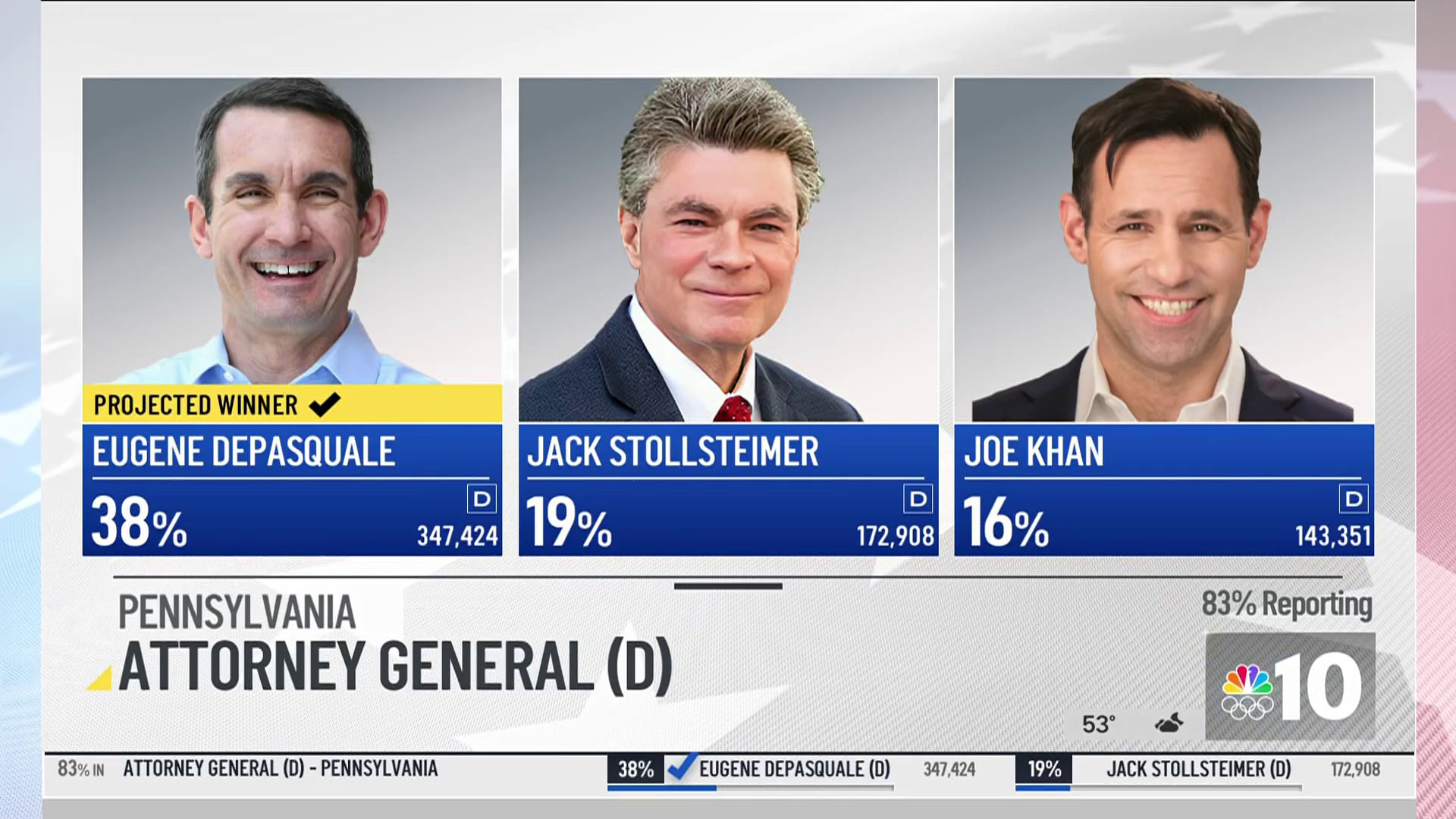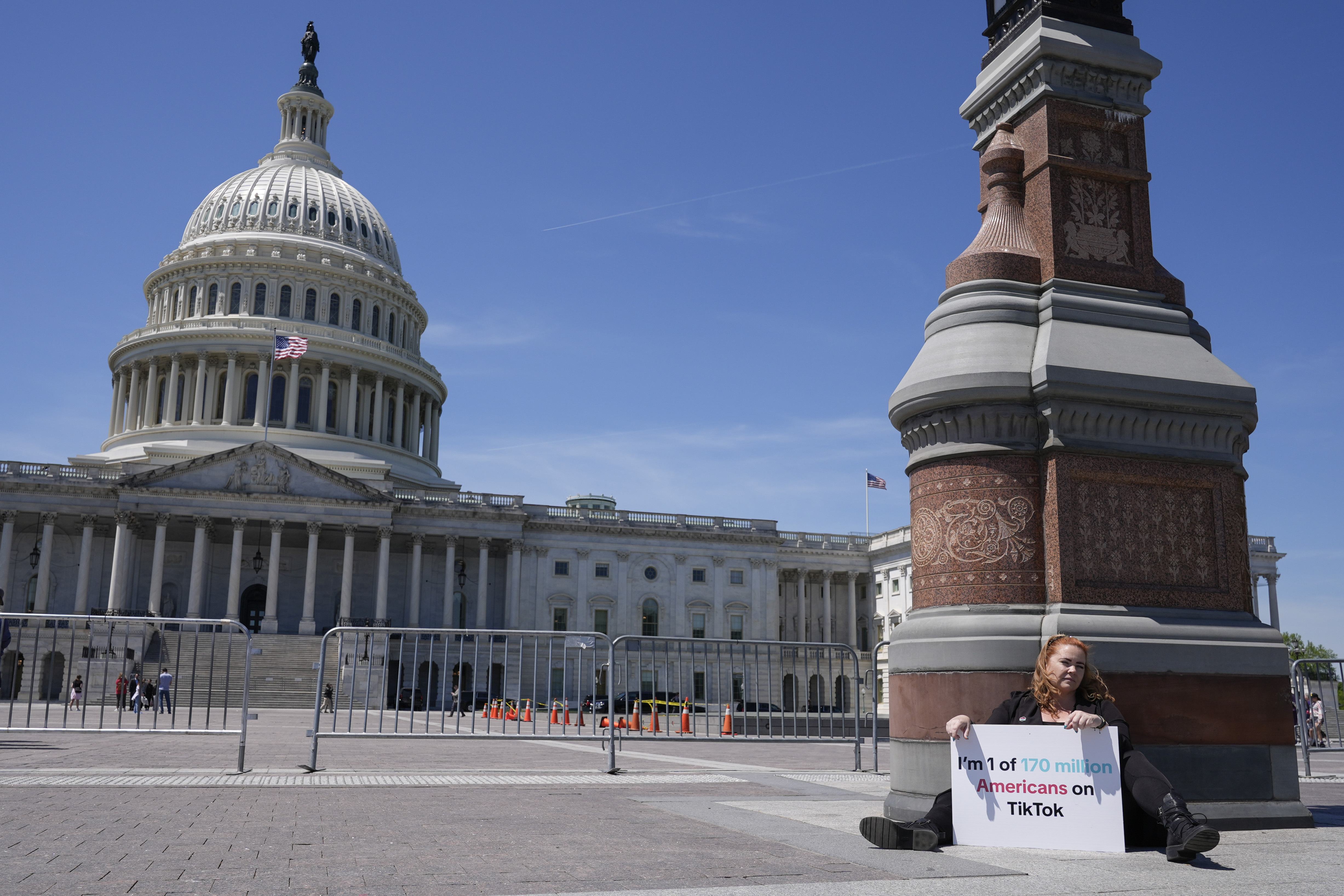What to Know
- New Jersey’s Supreme Court has released a progress report on the state judiciary’s efforts to address racial disparities in the court system.
- The plan identified nine areas of focus, from jury selection to juvenile fines to implicit bias training.
- The report also identifies several new reforms aimed at improving equity for people affected by mental health challenges, addiction and poverty.
New Jersey’s Supreme Court released a progress report Wednesday on the state judiciary’s efforts to address racial disparities in the court system, an effort begun a year ago in the aftermath of George Floyd’s killing at the hands of police in Minneapolis.
The plan identified nine areas of focus, from jury selection to juvenile fines to reforming probation practices to implicit bias training.
In the past year, the plan has “resulted in measurable benefits to people of color and others who historically have been underserved by or marginalized within the justice system,” the court wrote.
Get Philly local news, weather forecasts, sports and entertainment stories to your inbox. Sign up for NBC Philadelphia newsletters.
Among the reforms were the vacating of many open warrants, the automatic expungement of minor marijuana offenses and the early termination of parole supervision in some cases.
The judiciary also developed a system to allow court users to resolve some traffic offenses remotely without having to make a court appearance, an option used by tens of thousands of people since last summer, according to the court.
Last month, the Supreme Court approved new jury selection questions and additions to model jury instructions, aimed at reducing the effects of implicit bias. Those will be implemented later this year.
Politics
Wednesday’s report also identified several new reforms aimed at improving equity for people affected by mental health challenges, addiction and poverty.
These include supporting employment opportunities for graduates of drug courts and probation programs; requiring implicit bias training for all court employees; expanding access to legal representation, possibly by allowing law students and recent law school graduates to assist in some matters, and broadening diversity and inclusion for all levels of legal and non-legal court appointments.



